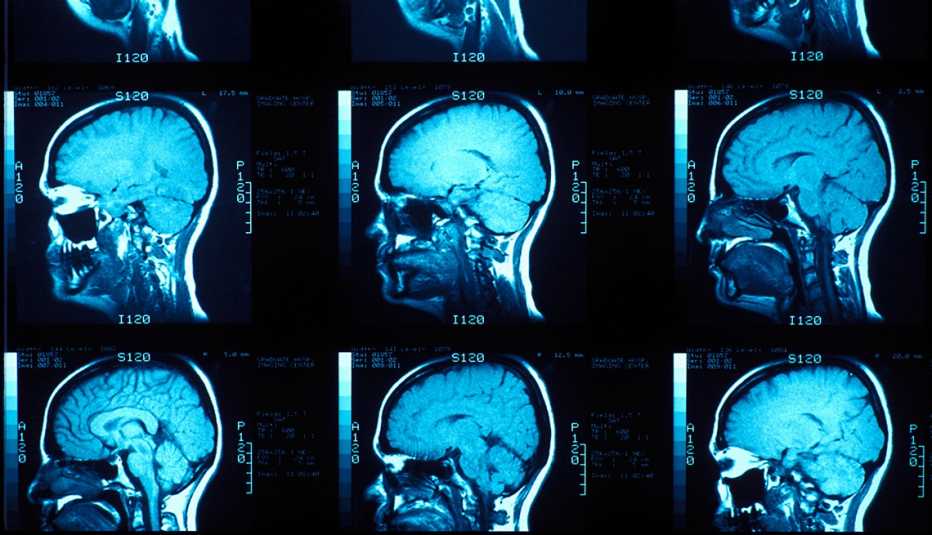Staying Fit
While there’s been much recent news about the serious, and detrimental, effects of concussions in youth and professional sports, new studies suggest that even mild concussions in midlife increase vulnerability to dementias and Parkinson’s disease.
How that happens may be due to how a head injury speeds up the buildup of proteins and plaques in the brain.


AARP Membership— $12 for your first year when you sign up for Automatic Renewal
Get instant access to members-only products and hundreds of discounts, a free second membership, and a subscription to AARP the Magazine.
“We know that Alzheimer’s disease has a long pre-cumulative period. It takes decades to accumulate amyloid and tau [proteins] in the brain until someone shows symptoms,” said Deborah Barnes, a psychiatry professor at the School of Medicine, University of California, San Francisco. She notes that the current thinking also is that more concussions over a lifetime likely equals more dementia risk.
That said, a concussion after a certain age may also prove a midlife tipping point on its own, she notes. “Older adults have less brain reserve, and a head injury can push these people over the line so they express the symptoms of dementia earlier,” Barnes said.
In her own study of more than 300,000 older veterans, published in JAMA Neurology last May, Barnes and her team found that concussion without loss of consciousness led to more than double the risk of dementia. Older veterans who experienced more serious concussions with loss of consciousness increased their risk of dementia nearly four times. (A Barnes study in Neurology last year found a link between mild traumatic brain injury and a 56 percent increase in Parkinson’s in older veterans.)


































































